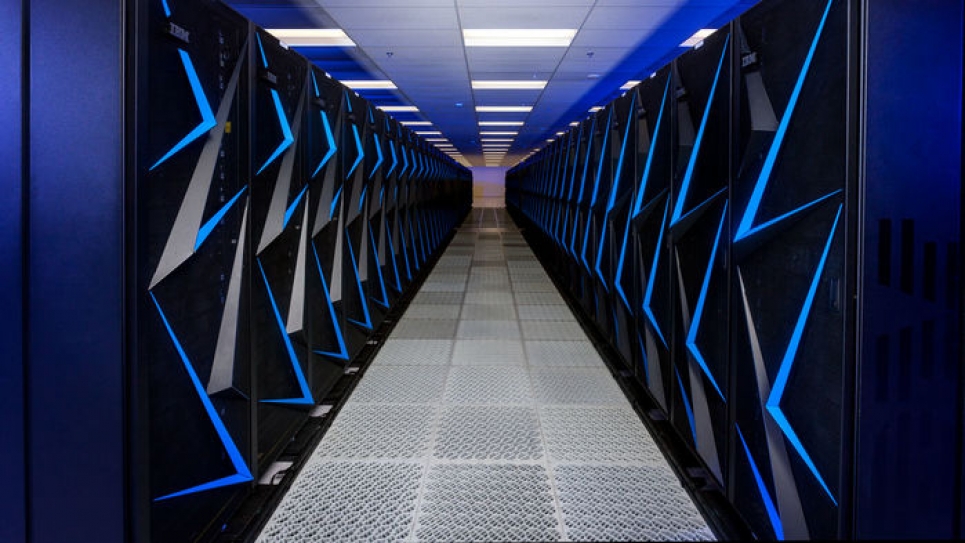
Krylov Subspace Recycling for a Sequence of Eigenproblems
Krylov Subspace Recycling for a Sequence of Eigenproblems
We introduce a warm-started Krylov-Schur algorithm for solving a sequence of eigenvalue problems based on the analysis in [1] to compute the approximate Krylov decomposition for a matrix with minimal residual. When computing the invariant subspaces for a sequence of matrices, we can recycle the approximate invariant subspace computed for one matrix to warm-start the eigensolver for another matrix in the sequence, rather than starting the eigensolver from scratch with a single vector. This warm-start recycling technique makes computing invariant subspaces of large-scale matrices tractable by reducing the total number of matrix-vector products computed in the eigensolver. Additionally, when the matrix-vector products require an implicit linear solve (as is the case with a generalized eigenvalue problem rewritten as a standard eigenvalue problem), unless a single factorization can be reused for several or more matrices in the sequence, iterative methods such as GMRES are an efficient alternative to potentially expensive direct solves. We can improve convergence of the iterative solver by using a Krylov subspace recycling method, such as GCRO-DR. We demonstrate good results for a sequence of generalized eigenvalue problems arising in the numerical simulation of brake squeal [2].
This is joint work with Eric de Sturler, Virginia Tech.
[1] G. W. Stewart, Backward error bounds for approximate Krylov subspaces, Linear Algebra and its Applications, 340 (2002), pp. 81-86.
[2] N. Gräbner, V. Mehrmann, S. Quraishi, C. Schröder, U. von Wagner. Numerical methods for parametric model reduction in the simulation of disk brake squeal, Z. Angew. Math. Mech, 96 (2016), pp. 1388-1405.
Please use this link to attend the virtual seminar.